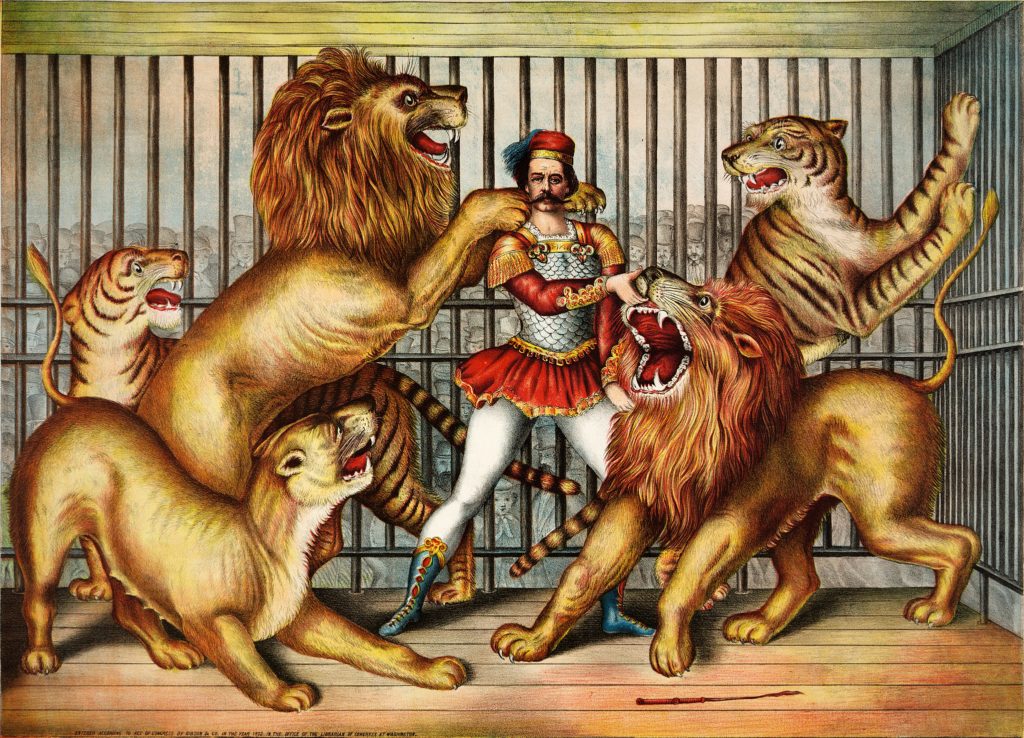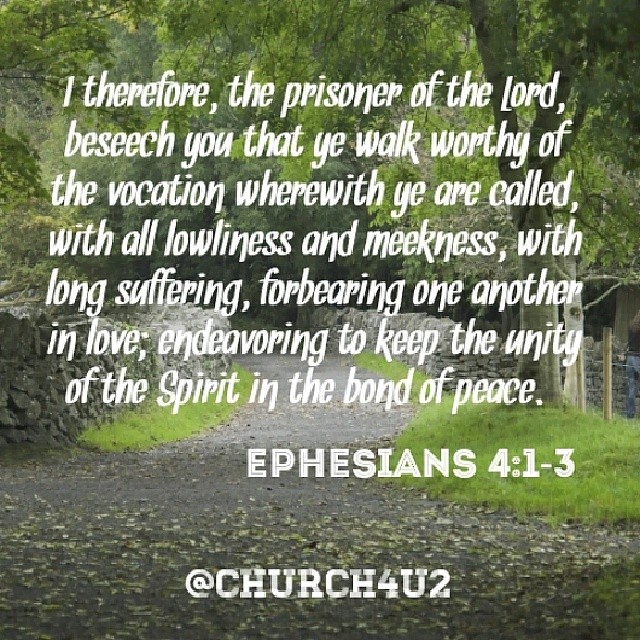Click here to return to Blog Post Intro
Different Expectations
When Jesus fed the multitude on the side of the hill, they wanted to make Him a king and begin a revolution that would through off the yoke of Rome. They were looking for a great leader who could set up a revolution and bring about independence.
Even the twelve apostles expected it. In Acts 1:6, they asked, “Lord, is it at this time You are restoring the kingdom to Israel?” But this was not Jesus’ purpose. He could have called legions of angels, thousands of them. Consider this: if one angel can slay 185,000 Assyrians in one shot (2 Kings 19:35), a legion of angels could handle anything.
Jesus disappointed political activists because he would not pull off a revolution and religionists because He did not destroy Rome with a cataclysmic miracle. When they finally saw Him captured by the Romans, they thought, “Forget it! That’s not the Messiah we want.” And they cried, “Crucify Him! Crucify Him!” They hated Him because He disappointed them and did not fulfill their expectations.
Our Lord said, “Look, do you want to be in My kingdom? The ones in My kingdom are spiritually bankrupt, mournful, and meek.”
Meekness: A Response to a Holy God
In this beatitude, Jesus was directly quoting from the Hebrew Scriptures. “But the meek will inherit the land and enjoy great peace” (Psalm 37:11). Meekness focuses on God’s holiness—I am poor in spirit because I am a sinner, and meek because God is so holy in comparison.
God’s standard has always been the same. You see meekness all the way back in the Old Testament. David wrote in Psalm 22:26, “The meek shall eat and be satisfied; they shall praise the Lord and seek him; your heart shall live forever.”
Meekness is a true view of oneself, expressed in attitude and conduct with respect to others. This makes us gentle, humble, sensitive, and patient in all our dealings with others.
Brady’s Reflections

In some ways, it’s easy to be meek when you work with a group of rocket scientists and world-renown geniuses, but it’s also easy to get caught up in worldly thinking. When I started this blog five years ago, I read a lot about how to build a personal brand and how to establish a blog that others would read. The focus was all on me…and that’s the opposite of Jesus’ message here.
Fortunately, I heeded my wife’s good advice to focus not only on leadership principles…but on Christian Leadership. Each year, I’ve used this blog to record my devotional readings. 2018 was a focus on The Beatitudes. In them, Jesus challenged worldly thinking with His point that “Happy are the Nobodies.”
That was counter-cultural then, and it’s certainly counter-cultural to today’s messages that scream “Be Somebody”!
That’s where this message hits home and gets personal. Am I really living differently? Am I broken? Do others see me as “humble, sensitive, and patient.” That’s a word I needed to hear…and one I need to heed. How about you?
Questions & Answers on Meekness
-
What does it really mean to be meek?
The dictionary definition of meekness—deficient in courage—is not the Bible’s definition. The scriptural meek comes from a Greek work praos, and it basically means “gentle,” “humble,” “considerate,” “courteous,” and therefore exercising self-control without which these qualities would be impossible.
Meekness is a gentleness and mildness and a subdued character, but it is not a weakness. It is power under control, like a horse that has been broken and put its great strength under its trainer’s control. It is a by-product of self-emptying, of self-humiliation, of brokenness before God. It is the taming of the lion.
Meekness says, “In myself, nothing is possible. But in God, everything is possible.”
-
How does meekness manifest itself?
After receiving God’s covenant, Abram and his nephew Lot’s herds were not getting along. In Genesis 13, Abram did not assert his position. Instead, he said to Lot, “You take whatever portion you want, and I’ll take what’s left.” That’s meekness.
When you see that you are nothing more than a sinner, you will learn the meaning of Romans 12:10, “give preference to one another in honor,” as Abraham did.
God also greatly used Moses. Why did he choose Moses? Numbers 12:3 says, “Now Moses was a very humble man, more humble than anyone else on the face of the earth.”
-
What is the result of meekness?
“Blessed” is the first result—or happiness in God’s terminology—an abiding, true joy, based on an eternal relationship with the living God.
A second result is that the meek “shall inherit the earth.” What Christ means here is that when you enter the kingdom, you come into the original inheritance of dominion over the earth that God gave to Adam. It is paradise regained. This is a fulfillment of the Psalms:
- Those the Lord blesses will inherit the land (Psalm 37:22)
- The righteous will inherit the land and dwell in it forever (Psalm 37:29).
Blessed are those who are so anchored in the indwelling Christ that outward events do not distress them or give openings for bitterness to take root. They live in the land of abundant supply.
-
Why is meekness necessary?
Only the meek can be saved. If you do not come to God with a broken spirit, mourning over your sin in humility before His holiness, you cannot be saved. Further, it is commanded. In Zephaniah 2:3, God says, “Seek meekness.”
You need meekness because you can’t even receive God’s word without it. The apostle James said, “Receive with meekness the implanted word, which is able to save your souls” (James 1:21).
Meekness alone gives God the glory. In 1 Peter 3:4, Peter said if you want to glorify God, don’t take care of your outside, but adorn your inside with meekness.
-
What is the opposite of meekness?
Meekness is a work in progress. The flesh—meaning your own human nature operating independently of the Spirt—works against meekness. We are selfish and prideful people.
Pride has in it the seeds of its own destruction. The meek have the strength to wait it out and to let God work. The meek have learned that pride is weakness and meekness is strength.
-
How do I know if I’m meek?
Examine your heart. Do you always respond humbly and obediently to the Word? If you’re meek, you will.
Do you always make peace? Meekness forgives and restores. That’s why Ephesians 4:2-3 says we are to be characterized with all lowliness and meekness, endeavoring to keep the unity of the Spirit in the bond of peace.


